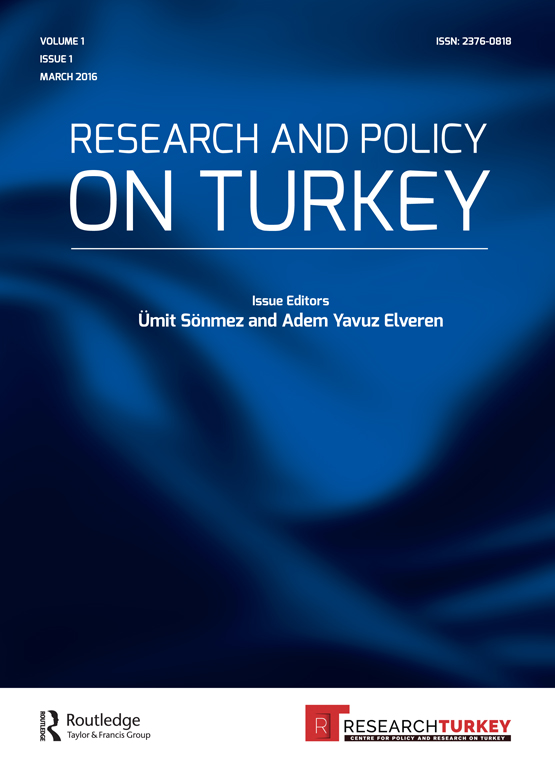Research Turkey Public Conference with Associate Professor Balkan Devlen:
“Don’t Poke the Russian Bear: Turkish Policy in the Ukrainian Crisis”,
16 January 2015, SOAS
We are pleased to announce Centre for Policy and Research on Turkey (Research Turkey)’s public conference entitled “Don’t Poke the Russian Bear: Turkish Policy in the Ukrainian Crisis” in which Associate Professor Balkan Devlen (Department of Political Science, University of Copenhagen and Department of Political Science and International Relations, Izmir Economy University) will give a talk. This event will take place on Friday, 16 January 2015 between 6:30p.m. and 8:00p.m. at Brunei Gallery, Room B111, SOAS, University of London, WC1H 0XG. Dr. Seçkin Barış Gülmez of University of Warwick will kindly chair the event. The event is co-sponsored by SOAS Development Studies, Neoliberalism, Globalisation and States Research Cluster.
You may find a short biography of Associate Professor Balkan Devlen, the synopsis of the talk and a short biography of the chair Dr. Seçkin Barış Gülmez below.
This event is free and open to public but it is a ticketed event that requires pre-registration. A ticket does not guarantee a seat. Please register via the Event Brite link below:
rt-balkan-devlen-soas-jan15.eventbrite.co.uk
Synopsis of the Talk
From the start of the Ukrainian crisis Turkey kept a low profile and adopted a strategy best described as “don’t poke the Russian bear”. Russia is a major Turkish trading partner and Turkey relies heavily on Russian natural gas for its energy needs, while the Turkish government has also been dealing with serious domestic challenges in the last year. Therefore, due to both external and internal factors, Turkey will avoid confronting Russia directly and will pass the buck to the U.S. and EU. In the short to medium term there are three plausible scenarios under which Turkey will change its current policy. They include the oppression of Crimean Tatars by the Russian authorities; military confrontation in the Black Sea between Russia and NATO; or a more unified, tougher stance against Russia by the West. In the long term Turkey most likely will revert to its traditional role of balancing Russia by strengthening its ties with the West, while reducing its energy dependence on Russia.
Short Biography of Associate Professor Balkan Devlen
Balkan Devlen got his B.Sc. in International Relations from Middle East Technical University (METU) in 2001 and his Ph.D. in Political Science from University of Missouri – Columbia in 2007. He is currently a Visiting Associate Professor in the Department of Political Science in University of Copenhagen. He is also Associate Professor in the Department of Political Science and International Relations and the Director of African Strategic Research Center (EKOAF) in Izmir University of Economics. He was a Levin Institute Fellow in 2011 and a 2012 – 2013 Black Sea Young Reformers Fellow. He is one of the founding editors of Izmir Review of Social Sciences (IRSS), an open-access, peer-reviewed journal. His research interests are at the intersection of IR theory, international security, and foreign policy analysis.
Short Biography of Dr. Seçkin Barış Gülmez
Dr. Seçkin Barış Gülmez is a teaching fellow at University of Warwick, UK. He received his PhD from the Department of Politics and International Relations at Royal Holloway University of London. He holds BSc and MSc degrees in International Relations from Middle East Technical University and University of London.



